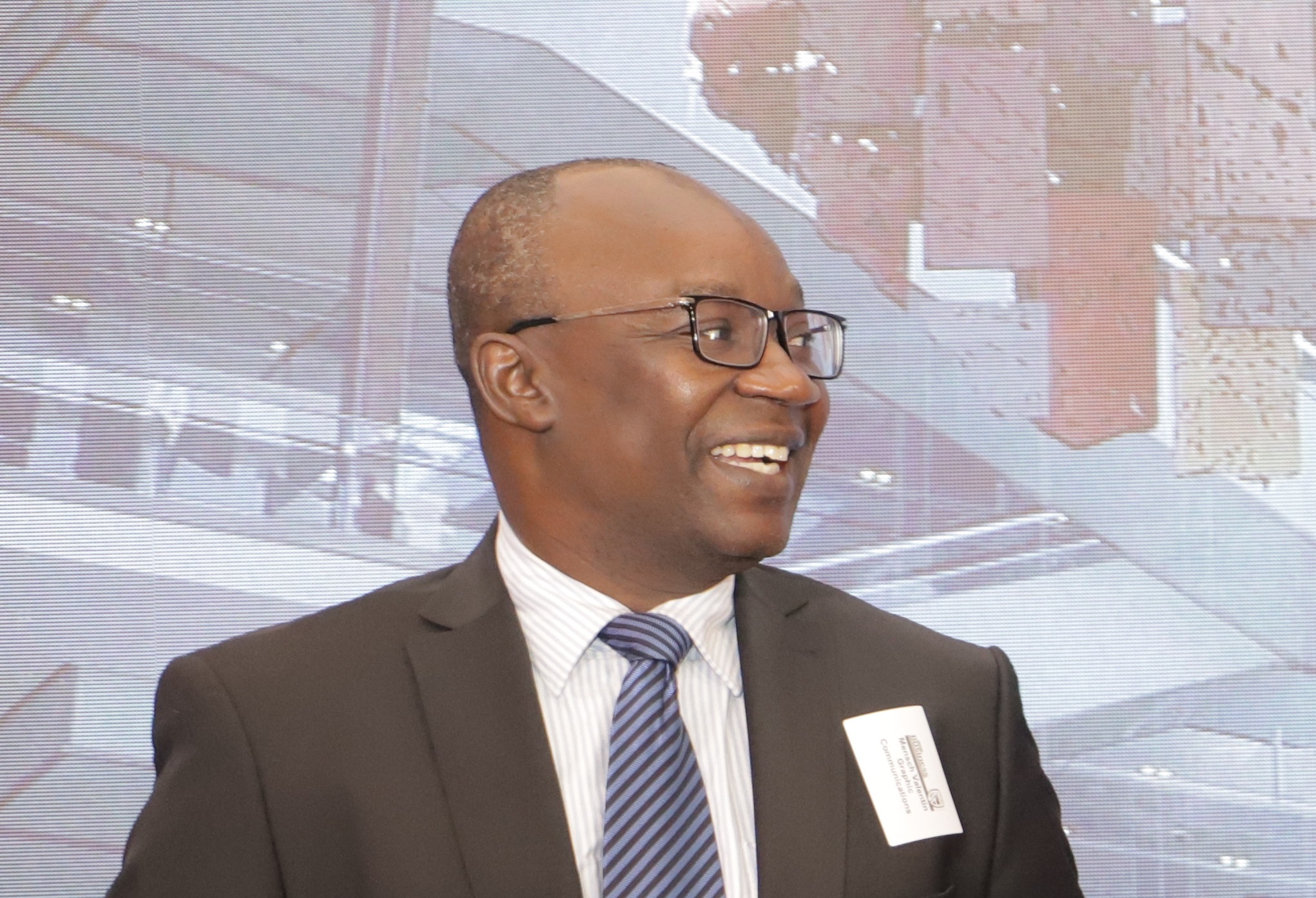
AG’s report challenged: Outstanding receivables misconstrued as losses — Dr Valentin Mensah
A renowned auditor and chartered accountant, Dr Valentin Kwasi Mensah, has observed that the Auditor General’s (AG) reports have been misconstruing some expenditures and outstanding receivables owed to ministries, departments and agencies (MDAs) and state-owned enterprises (SOEs) as losses to the state.
Dr Mensah said on November 18 that his research and analysis of the reports have shown that more than 90 per cent of the much-talked-about financial irregularities captured in the AG’s reports were amounts owed to state institutions and SOEs, other government agencies and customers of utility companies but ended up being interpreted as financial losses.
Using the 2021 AG report to explain his point, he said at a lecture in Accra that of the GH¢17.5 billion that was reported as irregularities, more than 96 per cent could be described as doubtful and questionable.
The Audit Committee Chairman of the Board of the Graphic Communications Group Limited (GCGL), therefore, advised the public to be measured in their expectations of how much of the reported irregularities could be recovered through surcharges, disallowances and prosecution.
That, he said, was on the basis that the amounts being quoted were not losses but delayed payments and expenditures that had been interpreted and reported wrongly.
Lecture
Dr Mensah made the revelation when he delivered a lecture on the theme: ‘The AG’s audit of state-owned enterprises (SOEs) and its compliance with the Public Financial Management rules: A critical evaluation’.
The session formed part of the Institute of Chartered Accountants, Ghana’s, (ICAG) corporate governance faculty lecture.
The corporate governance faculty lecture is an initiative by the ICAG for distinguished members to speak on topical issues affecting the audit and accountancy professions as part of efforts to build capacity.
The virtual event was the last in the series for the year and was available to members across the world.
Public outcry
Dr Mensah said the public outcry that often greeted the release of the AG report and the revelations of irregularities were understandable, given that the country needed to police every penny mobilised for national development.
He recalled that the release of the 2021 report led to demonstrations by civil society organisations (CSOs) calling for action against institutions and individuals reported to be culpable.
While commending these actions, the experienced auditor said such actions and the general expectations of Ghanaians from the report were unfounded.
He explained that actions and expectations of recoveries were based on the wrong assumptions that the irregularities reported by the AG were entirely due to infractions and corruption.
“The outcomes of appeal cases against surcharges and disallowances so far reflect the absence of substance in the amounts reported as irregularities,” he said.
Sensitisation
Dr Mensah stressed the need for the public to be properly sensitised to the fact that the majority of the recurring reported irregularities were neither losses nor the results of corruption and infractions by public officials.
Instead, he said, they were delayed payments and expenditures that were not captured appropriately.
He thus charged the AG to endeavour to clarify the figures when reporting them to help manage public expectations and reduce the rising distrust of the public in the SOEs, MDAs and the state in general.
Recommendation
Among other things, Dr Mensah recommended to the AG of Ghana to adopt a useful approach for reporting irregularities provided by the Auditor-General of South Africa.
He said the South African AG’s approach distinguished between irregular expenditure (all non-compliance as currently reported by the AG) and material irregularity (non-compliance applicable to fraud, theft and to a breach of duty that the AG is required to surcharge and disallow).
Side bar
Dr Valentin Mensah said it is about time the ICAG became more active in its role as the regulator of the accountancy and audit profession to make the nation feel its impact as a strong professional establishment by coming out with pronouncements on such matters of national interest as to what the A-G can do and cannot do.
He said the State Interest and Governance Authority (SIGA) and the Ministry of Finance will need to engage the Audit Service and the SOEs in order to streamline the appointment process of independent auditors for the SOEs.
He added that if participation of SIGA, ICAG and the Registrar of Companies is required here to ensure the interests of the SOEs are secured in the appointment of qualified auditors specified by the Companies Act 992.